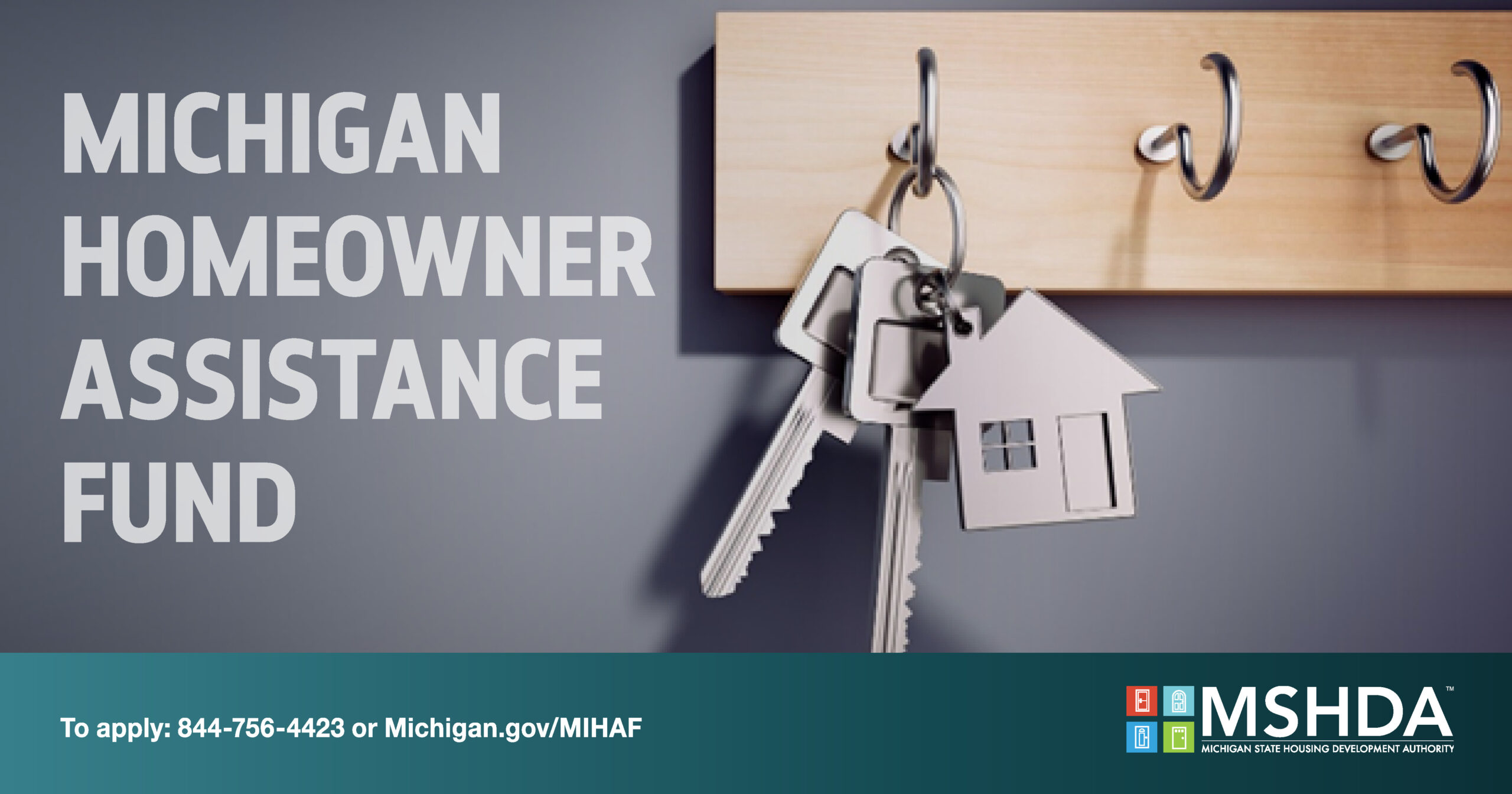
MICHIGAN HOMEOWNER ASSISTANCE FUND
Program Overview and FAQ
ABOUT THE MICHIGAN HOMEOWNER ASSISTANCE FUND (MIHAF)
The Michigan Homeowner Assistance Fund (MIHAF) is a statewide program that uses federal resources to provide financial assistance to homeowners who have fallen behind on homeownership-related expenses because of the COVID-19 pandemic. Funding for the MIHAF program was established under section 3206 of the American Rescue Plan Act of 2021 to mitigate financial hardships associated with the coronavirus pandemic by providing funds to eligible entities for the purpose of preventing homeowner mortgage delinquencies, defaults, foreclosures, loss of utilities or home energy services, and displacements of homeowners experiencing financial hardship after January 21, 2020, through qualified expenses related to mortgages and housing. A total of $242,812,277 was allocated to the State of Michigan to fund the MIHAF program by the U.S. Treasury, which MSHDA anticipates will help more than 8,300 homeowners across the state. Half of the funds have been allocated by the state Legislature, and the remaining approximately $121 million must be approved at a later date.
ABOUT MSHDA
The Michigan State Housing Development Authority (MSHDA), established in 1966, serves the people of Michigan by offering financial and technical assistance through public and private partnerships to provide quality housing that is affordable, a cornerstone of diverse, thriving communities. MSHDA’s loans and operating expenses are financed through the sale of tax-exempt and taxable bonds and notes to private investors, not from state tax revenues. Proceeds of the bonds and notes are loaned at below-market interest rates to developers of rental housing and also fund home mortgages and home improvement loans. MSHDA also administers various federal housing programs.
FREQUENTLY ASKED QUESTIONS – MIHAF
Q. Who is eligible for MIHAF?
A. To qualify for financial assistance through MIHAF, applicants must be able to show a qualified pandemic-related financial hardship that occurred on or after January 21, 2020. They must currently own and occupy the home as their primary residence and have a household income equal to or less than 150% of area median income.
Q. What qualifies as a “pandemic-related financial hardship”?
A. Applicants must have a material reduction in income or a material increase in living expenses stemming from the COVID-19 pandemic that has increased a risk in mortgage delinquency, mortgage default, foreclosure, loss of utilities or home energy services, or displacement for a homeowner, such as:
- Attest to a temporary or permanent loss of earned income on or after January 21, 2020; OR
- Attest to an increase in living expenses, such as medical expenses, inadequate medical insurance, increase in household size, or costs to reconnect utility services on or after January 21, 2020
Q. How much financial assistance does MIHAF provide?
A. Applicants are eligible to receive up to $25,000 in financial assistance per household. Financial assistance allocated through the MIHAF program will be paid directly to the lender.
Q. What types of homeownership-related expenses does MIHAF assist with?
A. Eligible applicants can use MIHAF assistance for:
- Delinquent mortgage/housing expenses, such as delinquent payments, property tax or
insurance escrow shortages - Delinquent land contract payments, mobile home consumer loan payments or
contracted mobile home park lot payments - Delinquent property taxes
- Delinquent condominium/homeowners’ association fees
- Delinquent homeowner’s insurances, hazard, flood, or mortgage insurance (if not
escrowed) - Delinquent utilities, such as gas, electric, water, and sewer
- Delinquent internet broadband services
Q. How do you apply for the MIHAF program?
A. Homeowners interested in applying for financial assistance through MIHAF can visit MSHDA’s online application portal here, or call 844-756-4423 for additional information and assistance in the application process.
Q. When should I apply for MIHAF?
A. As soon as possible!
